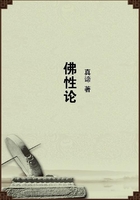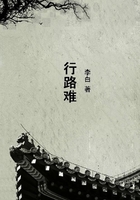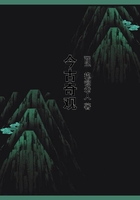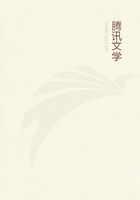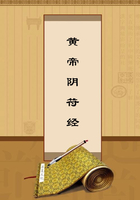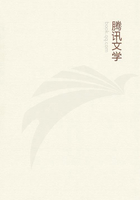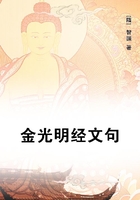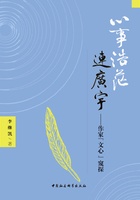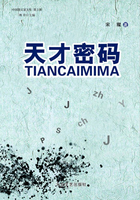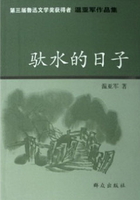Several of these very interesting documents have been found in the archives of the Ministry of Justice in Moscow. Professor Latkin has published a great many of them in his valuable "Materials for a history of the Sobors," and, in reading them, the conclusion is arrived at, that the election as a rule was made by the Estates themselves, without the intervention of the voivode or oubnoi storasta. "The nobility of voroneg," states the voivode of this place, Prince Alexis Krapotkin, in the year 1651, "have elected from among themselves two persons, the one called Trofim Michnev, and the other Theodor Philoppof. The citizens only one person named Sacharof, and I, your Majesty's slave (cholop), have sent you these three men to Moscow." The action of those voivodes, who, instead of consulting the electors, proceeded to a direct nomination of the delegates, was sometimes disavowed. Such was, for instance, the case of the voivode of Kropivna, a certain Astafiev. In the letters sent to him in the name of the Government, he was greatly blamed for having misunderstood the orders given to him, "the nobility were asked to elect a good nobleman from among themselves, and you had no justification for making the nomination of the delegate yourself."The delegate belonged, as a rule, to the same estate as his elector, but it sometimes happened that on account of the small number of persons capable of supporting the burden of representation, a person of another order was intrusted with the duty of delegate. The voivodes and starostas mention more than once such facts as the following. In 1651 the starosta of Zvenigorod, Elizar Marcov, declares in a letter addressed to the Czar, that it was impossible for him to nominate a delegate from among the inhabitants of the city district (posadskii liudi), for the best of them were engaged in masonry work at the Storojevoy monastery, accomplishing their "hedge duty," which they owed to the crown (ograduaia povinnost). Another starosta from Kropivna wrote at the same time, that in his district the number of city residents was not more than three. They were all very poor and gained their livelihood by going from one household to another to work at cleaning the court-yards. Therefore, he found it more suitable to name a gentleman to represent them at the Sobor.
The delegates, as a rule, received instructions called Nakasi, in which the electors stated their opinions on the chief subjects to be discussed at the General Assembly. Unfortunately no documents of this kind have been preserved, and we know of their existence only through their being by chance mentioned in some contemporary documents. Speaking of the delegates summoned to the Sobor of 1613, the charters of the time directly state, that they brought with them from Moscow "complete instructions"(dogovori) concerning the election of the Czar. The delegates received from their electors the supply of victuals (zapassi), which they would need during their stay in Moscow. Nevertheless they very often made an application to the Government for money to cover their expenses. This fact is mentioned more than once in the documents of the time. The writs of summons establish no rule as to the amount of fortune which a delegate was required to possess; they only recommend the election of "good sensible, and wealthy persons, accustomed to treat of matters of State." This did not imply that the delegates were required to know the rules of grammar or to be able to sign their names on the rolls of the Sobor correctly. The number of illiterate persons was rather large even at so late an Assembly as that of 1649, and they were to be found, not only among the lower nobility and the representatives of cities, but also in the ranks of the boyars;not, however, in those of the higher clergy.
The ordinary place of meeting was the palace in the Hall called the granovitaia Palata. Sometimes the Sobor sat in the palace of the Patriarch, or in the Cathedral (Ouspenski Sobor).
The session was opened either by the Czar in person, or, as was more often the case, by one of his secretaries, who, in a written paper or in a speech, declared the reason for which the Assembly was called together, and the questions it had to discuss. The reading of this address was listened to by all the delegates and all the members of the Douma, and of the clerical synod. The division by Estates took place immediately after, and each order deliberated separately on the questions which the Government had proposed. The result of the discussions was presented to the Czar in writing separately by each Estate. The documents were drawn up by secretaries, specially attached for this purpose to the Assemblies of the different Estates. On two occasions only, in 1649 and 1682, were the members of the Sobor assembled in two different chambers, a higher and lower. The Upper House was formed by the Douma and the higher clergy, and the lower by the delegates of the lower orders But the custom according to which each Estate deliberated separately, prevailed even on these two occasions, the higher and lower chambers being subdivided into as many sections as there were Estates.
In answering the demands of the Government, the delegates very often expressed their own sentiments as to the course of Russian politics. They complained bitterly of the wrongs done to the people by the officers of the State and judges; they pointed to the necessity of amending the whole executive and military administration; and by written petitions (chelobitnia), they insisted on the necessity of introducing certain amendments into the existing laws. The large part which these petitions played in the work of codifying the laws of Russia, a work which rendered illustrious the reign of Alexis Michaelovitch, has been amply recognised by recent inquirers, and especially by Ditiatin, Zagoskin, and Latkin.

